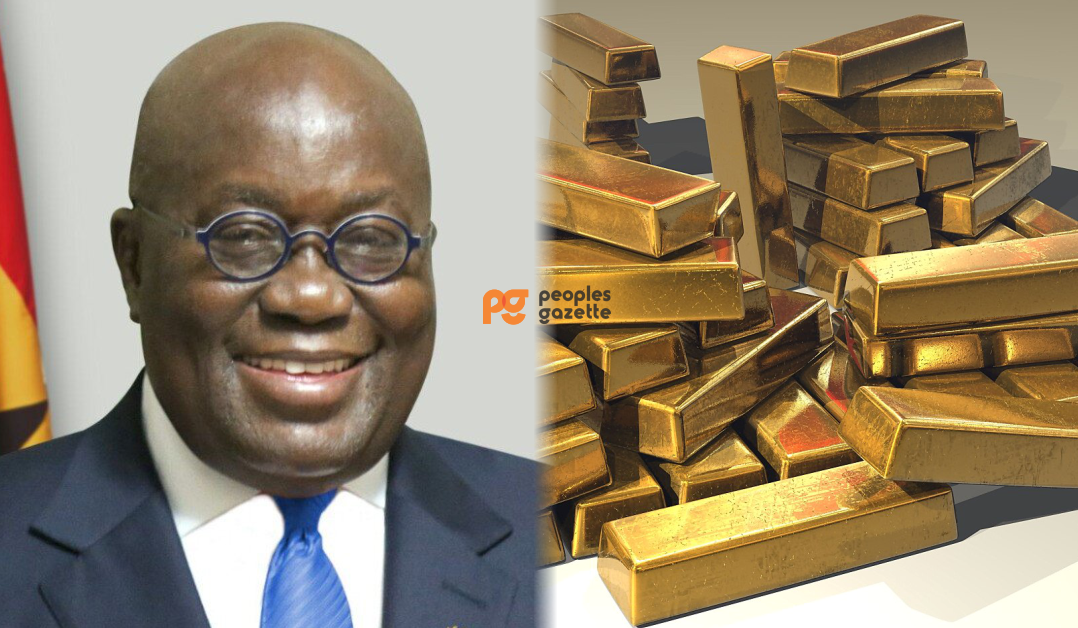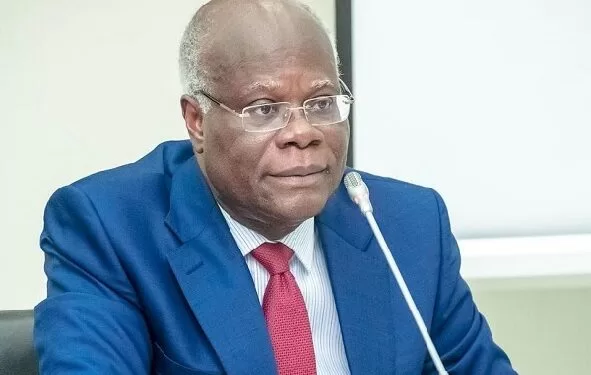The Minority in Parliament has expressed concern over the persistent depreciation of the local currency, the Ghana cedi, warning that the situation is likely to deteriorate further if measures are not taken to curtail it.
They highlighted that the local currency has now reached GH¢15 against the US dollar, leading businesses and traders to pass on the increased costs to consumers.
The free fall of the Ghana cedi has already resulted in a noticeable surge in the prices of goods and services across various commercial districts such as Okaishie, Abossey Okai, and Kejetia.
Speaking with journalists in Parliament on May 15, Minority Leader Dr. Cassiel Ato Forson criticized the Chairman of the Economic Management Team and Vice President, Dr. Mahamudu Bawumia, for what he perceives as a failure to effectively address the local currency’s depreciation.
Dr. Ato Forson emphasized the adverse impact of the cedi’s decline on businesses, stressing the need for urgent action to stabilize the situation.
“In spite of the huge inflows of foreign exchange from the IMF and the World Bank into the Ghanaian economy, and I’m talking about billions of Ghana Cedis, billions of US dollars, the government’s actions and its management of the Cedi have continued to fuel steep depreciation with no end in sight, unfortunately.
“So far, the decisions of the Economic Management Team, chaired by our Vice President Alhaji Bawumia, leave a lot to be desired. The reality of the Ghanaian economy today exposes the credentials of the so-called economic wizkid who was marketed as the savior of Ghana’s economy. Alhaji Bawumia’s credibility is now in tatters.
“I want to use this opportunity to urge the Vice President to quit his off-beat dancing on the campaign trail and focus on the dancing Cedi. There’s a lot awaiting our country as a result of reckless mismanagement by Alhaji Bawumia’s government,” he said.
The Minority’s remarks come amidst growing concerns among businesses, traders, and consumers regarding the persistent depreciation of the Ghana cedi against major trading currencies and its ripple effects on the cost of living.
In the past few months, many businesses and traders have been forced to adjust their prices for goods and services upwards to offset the increased exchange rates, further burdening consumers already grappling with economic challenges.

 Sports4 days ago
Sports4 days ago
 Business4 days ago
Business4 days ago
 Business4 days ago
Business4 days ago
 Health4 days ago
Health4 days ago
 Business4 days ago
Business4 days ago
 Politics4 days ago
Politics4 days ago
 Entertainment4 days ago
Entertainment4 days ago
 Politics4 days ago
Politics4 days ago













